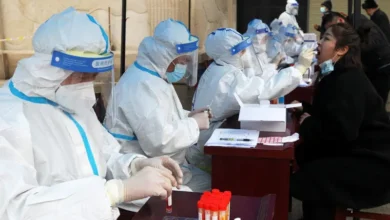What explains mysterious poisonings of schoolgirls in Iran?

Hundreds of schoolgirls in several cities in Iran have been mysteriously poisoned in the past three months, causing a wave of anger and confusion across the country.
It all started in late November in the holy city of Qom, south of Tehran, when about 50 female students fell ill and had to be transported to the hospital. Most were released a short time later, but several had to be kept for observation for days.
Similar poisonings have since happened in several other schools in Qom, Tehran, the city of Borujerd in the western province of Lorestan and the northwestern city of Ardebi. Scores of schoolgirls have been affected in each incident, and some have had to be hospitalised.
A lawmaker told an open session of parliament this week that girls in up to 15 cities have been affected but did not name them.
There are no confirmed figures on how many students have been sickened, but the numbers are thought to be many hundreds because the incidents have occurred for months and have even hit some of the same schools more than once.
Students have often reported strange odours prior to falling sick, saying they smell like rotten tangerines or a strong perfume. Some local media have cited students as saying they saw strange objects being thrown into school yards before a poisoning.
This week, there were reports in foreign-based media that one schoolgirl in Qom had died after being poisoned. State television spoke to the girl’s father and doctor, who said she had died from an acute infection and was not poisoned.
Several teachers have also been reported to have been affected. The incidents started happening about the same time that several universities in different cities served food that caused food poisoning, but the incidents have not been linked because none of the poisoned students has become sick from food.
For months, authorities in schools, governors offices and the health ministry had either denied or downplayed the incidents, saying the schoolgirls had “panicked” or experienced only “minor” symptoms.










